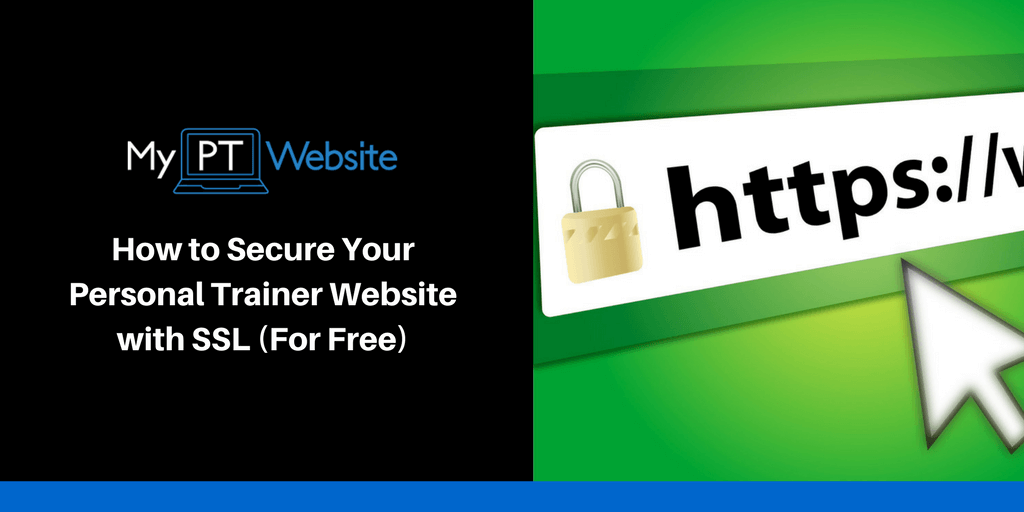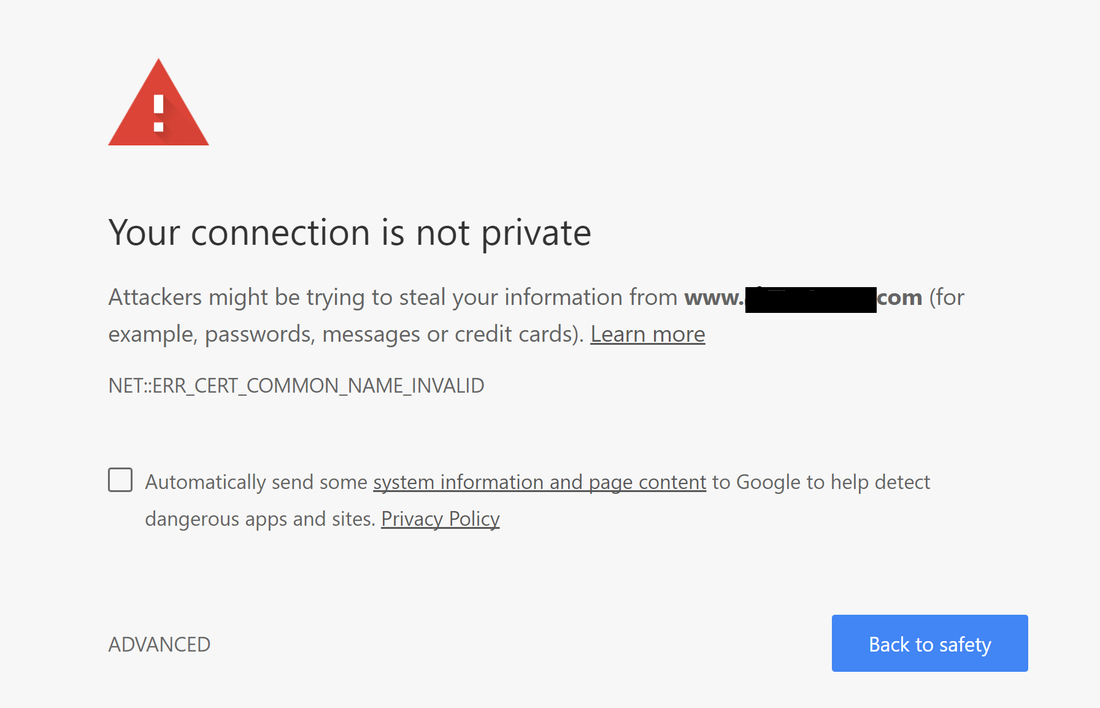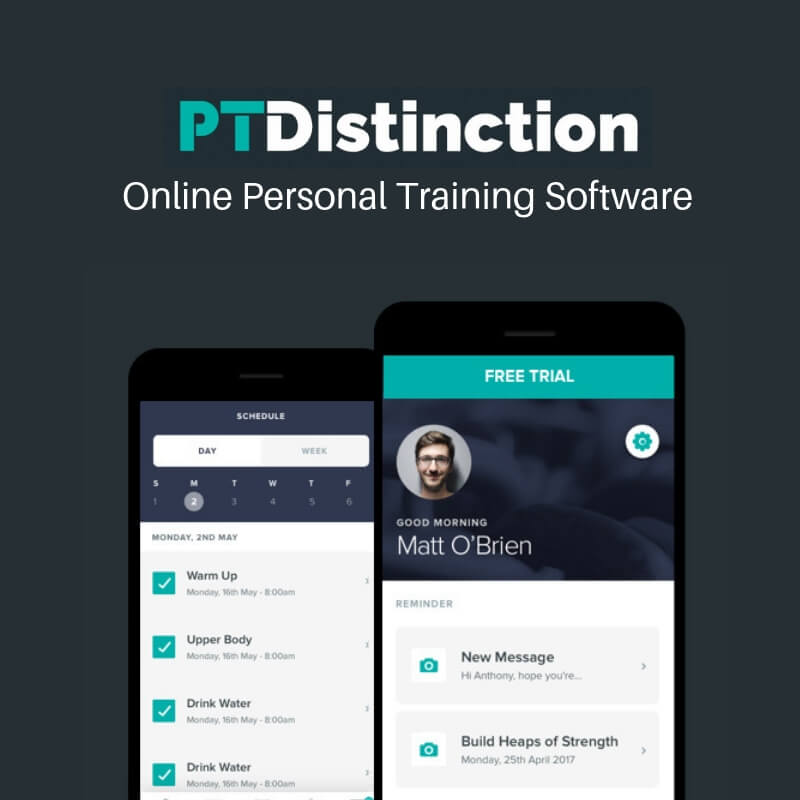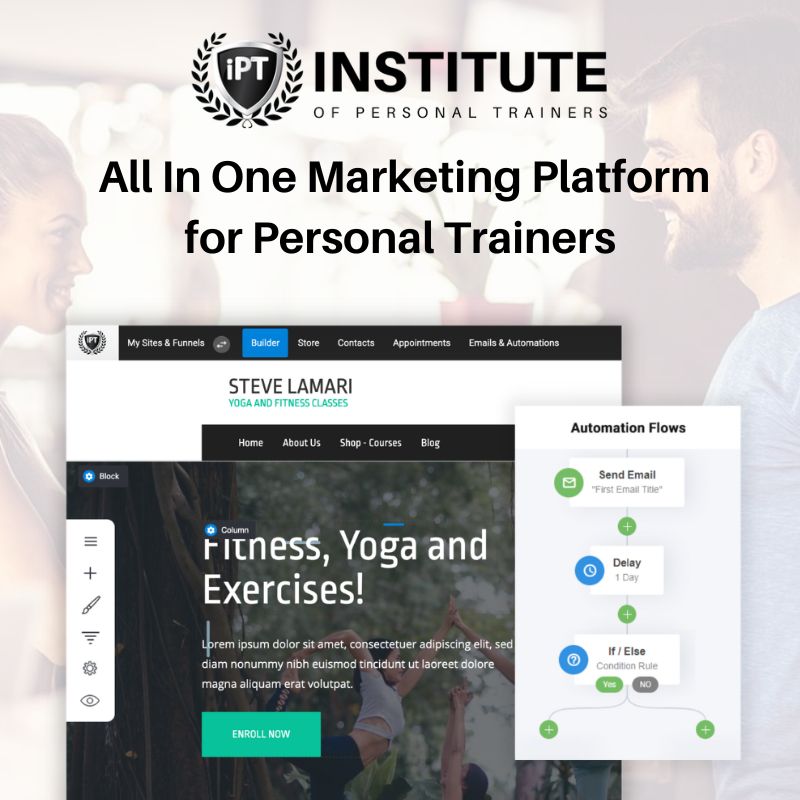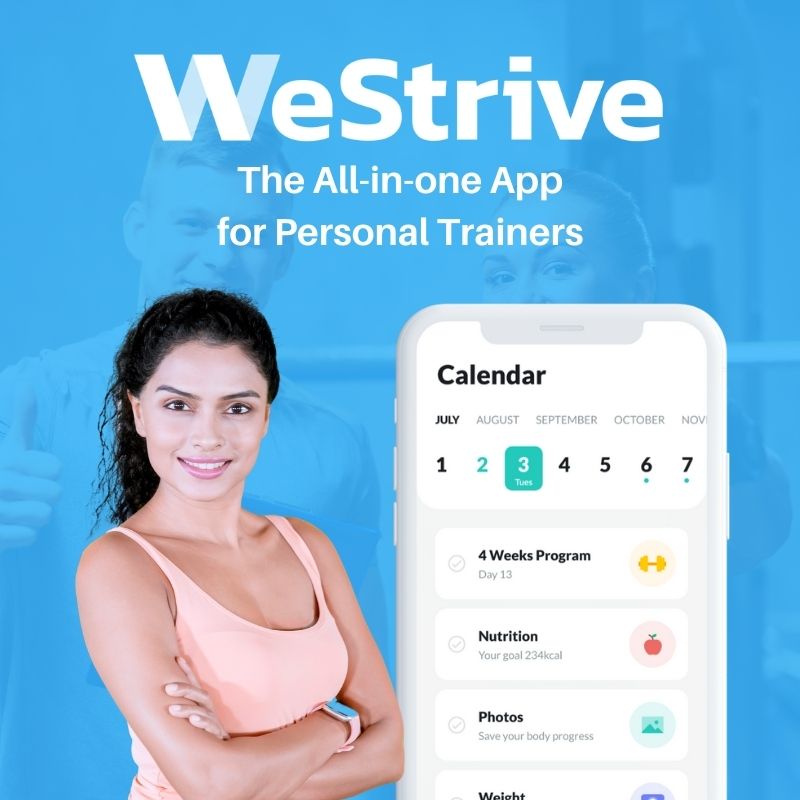Ever wondered why some web pages would have HTTP, others HTTPS in front of the actual web address? Or why your site might say "This website is not secure"? If you have, you can be sure your audience had that same experience before too and they may not be willing to stay on your page when prompted with such a warning.
In their 2014 I/O conference, Google has announced that they would like to see all websites using HTTPS. In other word SSL encryption everywhere. In January 2017 Wired reported that half of the internet now is encrypted.
No wonder SSL has become a popular topic for marketing specialists and more personal trainers are asking us about it, especially the trainers working in the online space.
No wonder SSL has become a popular topic for marketing specialists and more personal trainers are asking us about it, especially the trainers working in the online space.
What the heck is SSL?
SSL stands for Secure Sockets Layer and adds an extra ‘s’ in a website’s URL indicates that said website is SSL encrypted (http becomes https). This means it’s secure to type and send any data to the site’s operator via their forms, e.g. internet banking, all types of passwords and contact forms, etc.
The official definition from SSL.com:
The official definition from SSL.com:
“SSL is the standard security technology for establishing an encrypted link between a web server and a browser. This link ensures that all data passed between the web server and browser remain private."
Imagine you are in your local coffee shop doing some admin work for your personal training clients and using the public Wi-Fi to browse the internet, send out workout plans or sort out online payments. When you submit user name/password details, or fill out a form and submit those details, the info you type in can be accessed by a talented hacker if the website is not secure.
With SSL, your information is encrypted which makes it significantly more difficult for a hacker to get a hold of your precious info.
Why should I get SSL encryption for my personal trainer website?
There are a handful of benefits of using HTTPS instead of HTTP protocol for both the website visitor and for you and your online marketing strategy:
- SEO – one of the factors Google is using when ranking websites is whether or not they are encrypted. You could be a real wizard to create valuable content for your keyword, but if your website hasn’t got SSL, it will rank lower than similar websites that do.
- Builds trust – According to a HubSpot consumer survey completed in 2017, up to 85% of people will not stay if a website is not secure. It may be a reason behind your lead magnet landing page not performing in terms of form submissions even though it has high incoming traffic.
- Information Security – protecting information is the next big challenge of the online era. Whilst as a personal trainer you are less likely to become a target of a hack attack, it’s important to ensure your clients’ data and your systems are protected.
How do I know my website is secure?
With the latest version of all main browsers it’s very easy to immediately see whether the site is secure after you open a site.
A little padlock in front of the web address and the URL starting with https:// is sure indication of a secure website, sometimes it even says ‘secure’.
A little padlock in front of the web address and the URL starting with https:// is sure indication of a secure website, sometimes it even says ‘secure’.
If you see an exclamation mark in a circle or in a red triangle in front of the address, be careful, often you get a ‘not secure’ warning and your browser will automatically block the page. You can usually get to the site in the Advanced setting but some sites become completely inaccessible.
Not cool.
Where do I get SSL encryption from?
Most domain registrars like 1and1 and Godaddy offer SSL for a yearly fee that can vary in price from as little as $29.99 up to thousands per year. It's also worth a bit of research to check how the top SSL providers rank and compare in case you need something a bit more custom.
How to Get SSL for Free
Then there’s CloudFare, a content dustribution network that not only speeds up your website but also offers SSL as part of their Free Plan. Their SSL certificate is more than good enough for your personal trainer website.
Here's how to get it:
Not a fan of Cloudflare? There are alternatives:
If your sites are hosted on cPanel server, cPanel now includes free auto SSL for all sites.
If you have more complex hosting, there are services like LetsEncrypt which give free SSL.
If you know someone who needs SSL for their website, consider sharing this post with them.
Here's how to get it:
- Sign up for an account at Cloud Flare.
- Add your site.
- Cloudflare will scan your website to find your IP information.
- Select your package (you can select the free version)
- Cloudflare will give you some settings to change with your registrar (could be your hosting company)
Not a fan of Cloudflare? There are alternatives:
If your sites are hosted on cPanel server, cPanel now includes free auto SSL for all sites.
If you have more complex hosting, there are services like LetsEncrypt which give free SSL.
If you know someone who needs SSL for their website, consider sharing this post with them.

